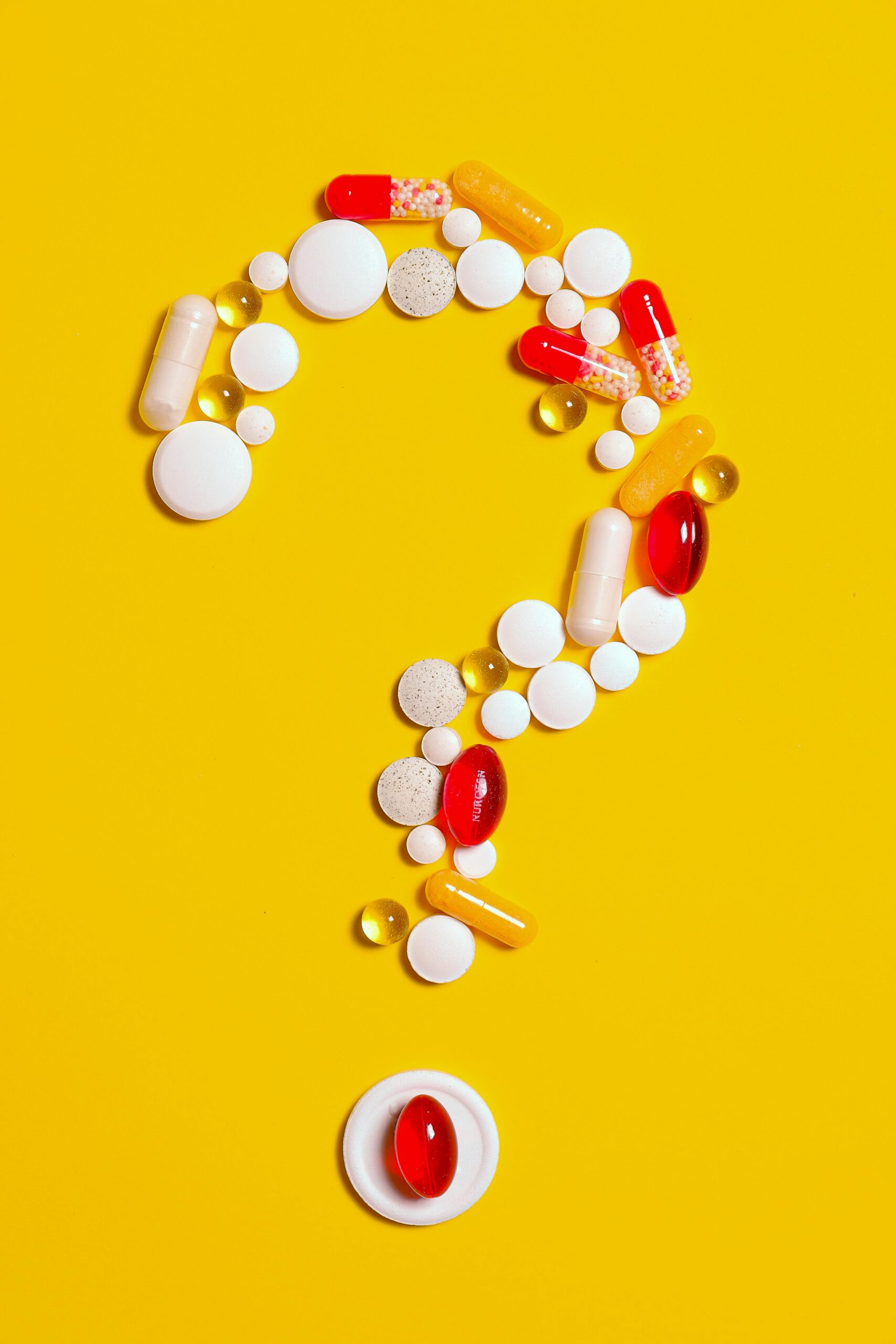Top 10 Nutrients Every Athlete Needs to Perform at Their Best
Whether you’re training for a marathon, hitting the gym for strength gains, or just trying to keep your energy up for weekend games, your body needs the right fuel to perform. That fuel comes from nutrients—essential vitamins, minerals, and compounds that keep your muscles firing, your endurance strong, and your recovery on track.
Many athletes focus heavily on protein and calories, but true peak performance comes from a balance of nutrients. Below are the top 10 nutrients every athlete needs, why they matter, and where to get them.
1. Protein
Protein is the building block of muscle tissue and is essential for muscle repair and growth. Athletes require more protein than the average person, especially after intense workouts. Aim for lean sources like chicken, fish, eggs, beans, tofu, and protein shakes if needed.
2. Carbohydrates
Carbs are your body’s preferred energy source during high-intensity activities. They replenish glycogen stores in the muscles, which is critical for endurance and performance. Choose complex carbs such as oats, brown rice, whole grains, fruits, and vegetables over simple sugars.
3. Omega-3 Fatty Acids
These healthy fats help reduce inflammation, support heart health, and aid in recovery. Athletes who train hard often experience micro-tears in muscles, and omega-3s help ease soreness and promote healing. Get your omega-3s from fatty fish like salmon, chia seeds, flaxseeds, and walnuts.
4. Iron
Iron is vital for transporting oxygen in the blood. A deficiency can lead to fatigue, shortness of breath, and reduced endurance—especially in female athletes. Good sources include lean red meat, spinach, lentils, and fortified cereals.
5. Calcium
Strong bones are non-negotiable for athletes, particularly in high-impact sports. Calcium also plays a role in muscle contraction and nerve signaling. You can find calcium in dairy products, fortified plant milks, leafy greens, and almonds.
6. Vitamin D
Vitamin D works alongside calcium to support bone strength and also aids in immune function. Many people are deficient, especially those who train indoors. Sun exposure helps your body make vitamin D, but it’s also found in eggs, salmon, and fortified foods.
7. Magnesium
Magnesium supports muscle function, energy production, and recovery. It can help prevent cramps and promote better sleep—both crucial for athletes. Foods high in magnesium include nuts, seeds, bananas, and leafy greens.
8. Zinc
Zinc is important for immune function, wound healing, and muscle recovery. Intense exercise can deplete zinc levels, so it’s important to replenish them through foods like beef, chickpeas, pumpkin seeds, and whole grains.
9. Electrolytes (Sodium, Potassium, Chloride)
When you sweat, you lose electrolytes that regulate hydration, nerve function, and muscle contractions. Replacing them is essential, especially in endurance sports. Bananas, coconut water, avocados, and sports drinks can help maintain balance.
10. B Vitamins
B vitamins—especially B6, B12, and folate—are essential for converting food into energy, supporting red blood cell production, and helping the nervous system function properly. These are found in whole grains, meat, eggs, and leafy vegetables.
Putting It All Together
The best way to get these nutrients is through a well-rounded diet that includes a variety of whole foods. Supplements can help if you have deficiencies or dietary restrictions, but food should always be your first source of nutrients.
It’s also important to time your nutrition correctly. Fueling your body before workouts gives you energy, and refueling after workouts supports recovery. Hydration is just as critical—drink plenty of water throughout the day and increase your intake during and after exercise.
Every athlete is different, and your nutrient needs will vary depending on your sport, intensity, and body composition. But if your goal is to perform at your best, recovery faster, and stay injury-free, start with these ten nutrients. Pay attention to how your body feels, and don’t be afraid to consult a registered dietitian or sports nutritionist to fine-tune your game plan.
What you eat is just as important as how you train. Make your nutrition work for you—and watch your performance reach new heights.






